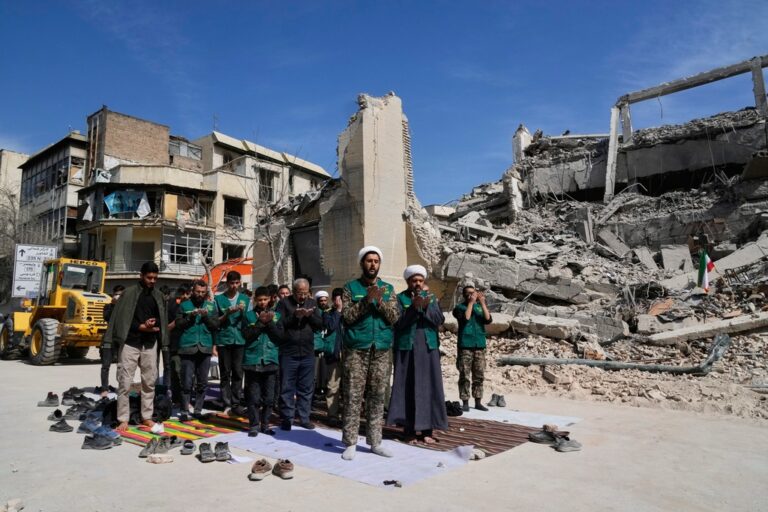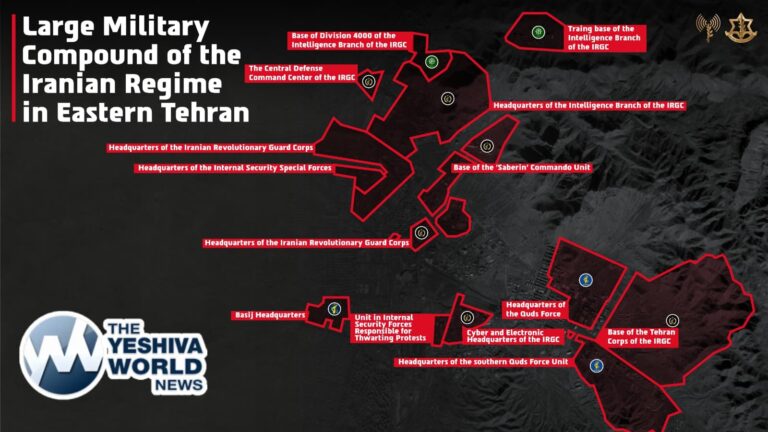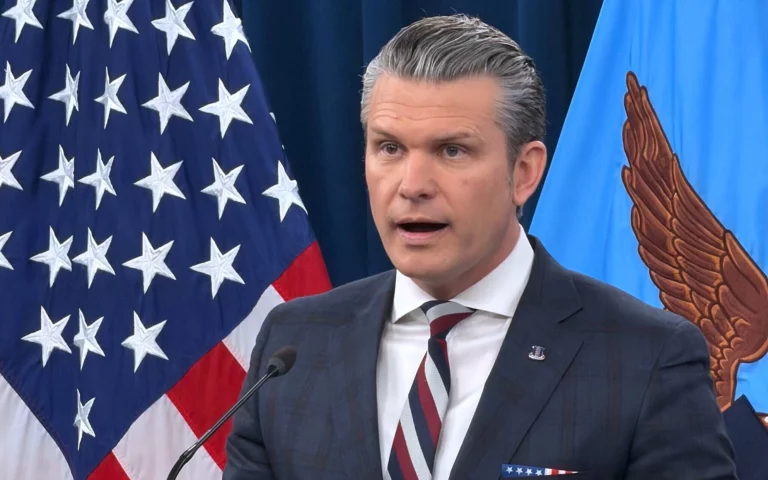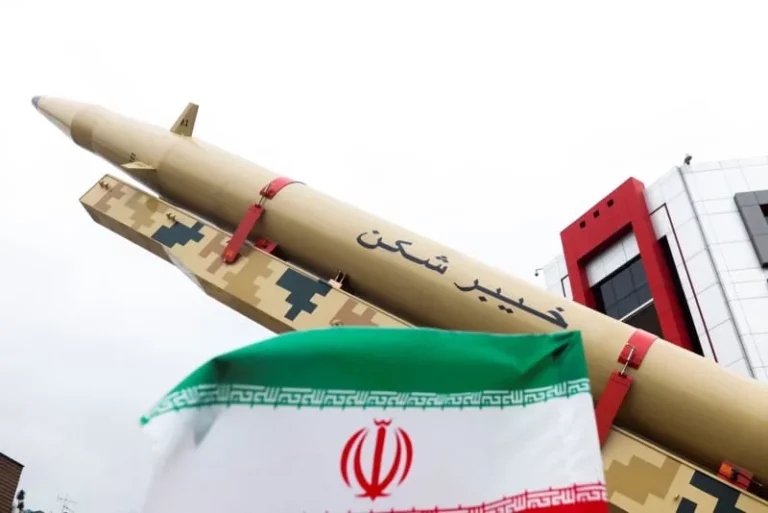A rift is deepening between the Trump administration and Israeli Prime Minister Benjamin Netanyahu, as senior White House officials express growing alarm over what they describe as Netanyahu’s increasingly aggressive and unpredictable military actions in the Middle East.
In a series of remarks reported by Axios, multiple U.S. officials voiced concern that Netanyahu’s behavior is undermining President Donald Trump’s regional strategy—especially in Syria and Gaza—just weeks after a U.S.-brokered ceasefire aimed to stabilize southern Syria.
“Bibi is acting like a madman. He bombs everything all the time. This could undermine what Trump is trying to do,” one White House official said, using Netanyahu’s nickname.
Another official described Netanyahu as “like a child who just won’t behave,” pointing to a series of unexpected Israeli airstrikes, including one that damaged Gaza’s only Catholic church, during a recent operation. The IDF confirmed the incident, attributing it to stray artillery fragments.
The tensions reportedly escalated further following Israel’s bombing of Syrian military assets in Suwayda earlier this week, despite direct appeals from U.S. envoy Tom Barrack to de-escalate. Six U.S. officials told Axios the White House was “caught by surprise” by Israel’s renewed bombing campaign, which came just days after Netanyahu met with President Trump in Washington.
“The President doesn’t like turning on the television and seeing bombs dropped in a country he’s actively trying to stabilize,” one official said, referencing Trump’s efforts to support a fragile new government in Syria. Secretary of State Marco Rubio reportedly warned Netanyahu to stand down after the initial strikes, but Israel continued operations near the Syrian presidential palace and military headquarters.
The Israeli government defended the strikes, saying they were in response to Syrian military involvement in violent attacks against the Druze minority in Suwayda. A senior Israeli official pushed back on the criticism, saying Israel has a long-standing commitment to protect the Druze—many of whom serve in the IDF—and that Netanyahu’s actions were based on security intelligence, not domestic politics.
“The U.S. wants stability in Syria but doesn’t understand our obligation to protect the Druze,” the official said.
However, within the White House, frustration appears to be mounting. Several aides close to Trump—including Barrack and White House envoy Steve Witkoff—reportedly warned the president that Netanyahu’s conduct could backfire. One official noted, “Bibi’s political agenda is driving his senses. It will turn out to be a big mistake for him long-term.”
Officials also cited growing concern over Netanyahu’s far-right coalition partners and the influence of extremist elements on Israeli policy. This unease has reportedly spread within the broader MAGA movement as well, which has historically been staunchly pro-Israel.
Another source of friction emerged last weekend, when a Palestinian American, Saif Musallet, was killed by a mob of Israeli settlers. The Trump administration condemned the attack as “terrorism,” with Ambassador Mike Huckabee, a longtime Netanyahu ally, releasing a rare public rebuke. Huckabee also criticized Israel’s recent visa restrictions on American evangelical travelers.
Despite these tensions, President Trump has yet to publicly criticize Netanyahu. It remains unclear whether Trump fully shares his aides’ sense of urgency or whether he views Netanyahu’s escalations as ultimately beneficial to U.S. regional objectives.
(YWN World Headquarters – NYC)












9 Responses
You need to transfer everyone out of Gaza to other countries. Then make Gaza into a vacation spot with luxury hotels. Bring in one million Asians to replace the Arab workers. It’s that simple.
Hatzileni m’yad achi,M’yad Esav.
And I would vote for Trump again over kamalah.
Flip Flop Donald.
He invited him for dinner just a week ago but it seems he woke up in a bad mood today. This man lacks social tact.
The Zionists are cooking their own goose.
Maybe Mr. Trump should be lambasting his newfound Islamist buddies in the Syrian “government” instead of taking his frustration out on Bibi.
Well, Its not difficult to see the where these two leaders disagree.
Trump wants stability, so what a couple of hundred or thousand people die while he works that out.
Netanyahu wants to help victims from being terrorized. Whats stability if your dead?
Same with Gaza, Trump wants a deal, who cares what the strategic benefits are for the perpetrator, allowing them to regroup and all.
Netanyahu? He wants victory. To remove the threat that terrorists pose. Whats a deal without that?
Trump and Esau same old
If the IDF stops this war maybe the constant stream of Jewish soldiers dying in action will stop.
chash:
Both want stability. The Zionist is also acting out of political interest, of course. The Zionist feels that his way will give him more stability, but it is not wise for him to antagonize his “State”‘s gentile masters.